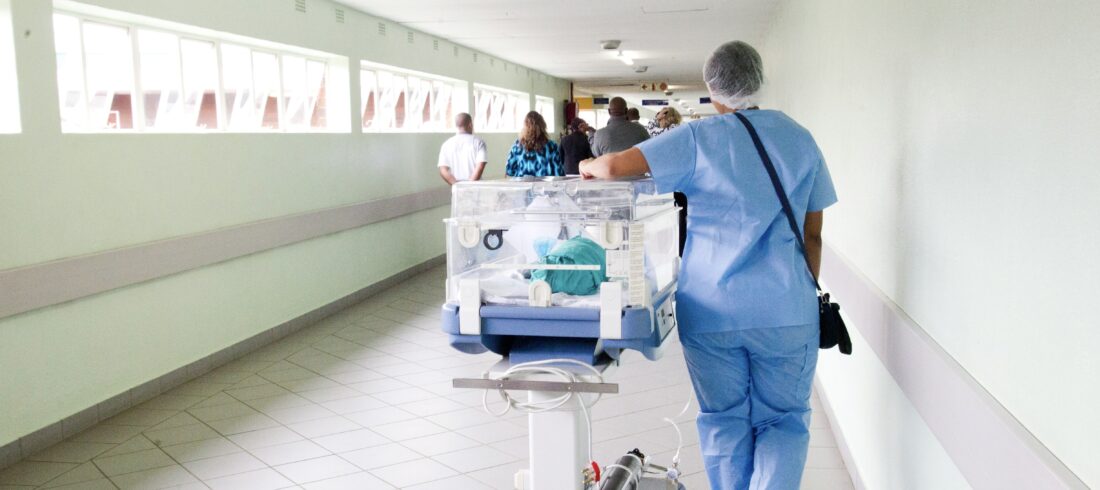Economic Outlook Positive: World Bank

Vietnam looks set to record positive economic growth in 2024, according to a new report from the World Bank. Published in its latest bi-annual ‘Taking Stock’ economic update earlier this month, the Washington-based financial institution predicts a 5.5 per cent GDP growth rate in 2024, rising to 6 per cent in 2025.
Exports and manufacturing rebound
The World Bank highlighted three fundamental trends behind this headline growth: recovering export numbers, rebounding consumer demand, and positive domestic private investment. Exports, in general, are predicted to rise around 3.5 per cent, thanks to the growth in global demand for Vietnamese goods and services.
The export of manufactured goods, in particular, is set to see an even stronger rise. The World Bank pointed to an 8.5 per cent increase on quarter four of 2023 and an even more impressive annual increase of 17.2 per cent in quarter one of 2024.
Meanwhile, the real estate sector – which has been in something of a slump for some time – is set to rebound towards the end of 2024. This has been one of the government’s priorities, for instance through the revised Law on Land which (as we have covered before) is set to enter into force in the New Year. The rebound in the real estate market should have a spill-over effect on wider consumer confidence and domestic demand.
Global headwinds on the horizon
However, speaking at an event in Hanoi to launch their latest report, the World Bank Senior Economist warned that global headwinds still pose a risk to Vietnam’s economic outlook. For instance, slower growth in major export markets like the European Union, United States, and China could impact the domestic fiscal situation.
This risk is related to Vietnam’s increasing openness to global trade through free trade agreements such as the EU-Vietnam Free Trade Agreement (“EVFTA”), the Comprehensive and Progressive Trans-Pacific Partnership (“CPTPP”), and the Regional Comprehensive Economic Partnership (“RCEP”).
Investing in infrastructure and managing bad debts
The World Bank made several recommendations to further support economic growth in 2024. First, it advocates for greater investment in infrastructure. This is also on the agenda of the government, as we highlighted here. Each percentage point increase in public spending on infrastructure could generate an additional 0.1 per cent increase in GDP, according to the World Bank report.
The World Bank also emphasizes the importance of a stable financial sector, warning of the risks of bad debts in financial institutions. This is also on the government agenda – as we wrote here, the revised Law on Credit Institutions aims to strengthen self-regulation and contains new provisions to handle bad debts.
Disclaimer: This article and its content are for information only and are not given as legal or professional advice. they do not necessarily reflect all relevant legal provisions with respect to the subject matter. Readers should seek legal or professional advice before taking or refraining to take any action.


